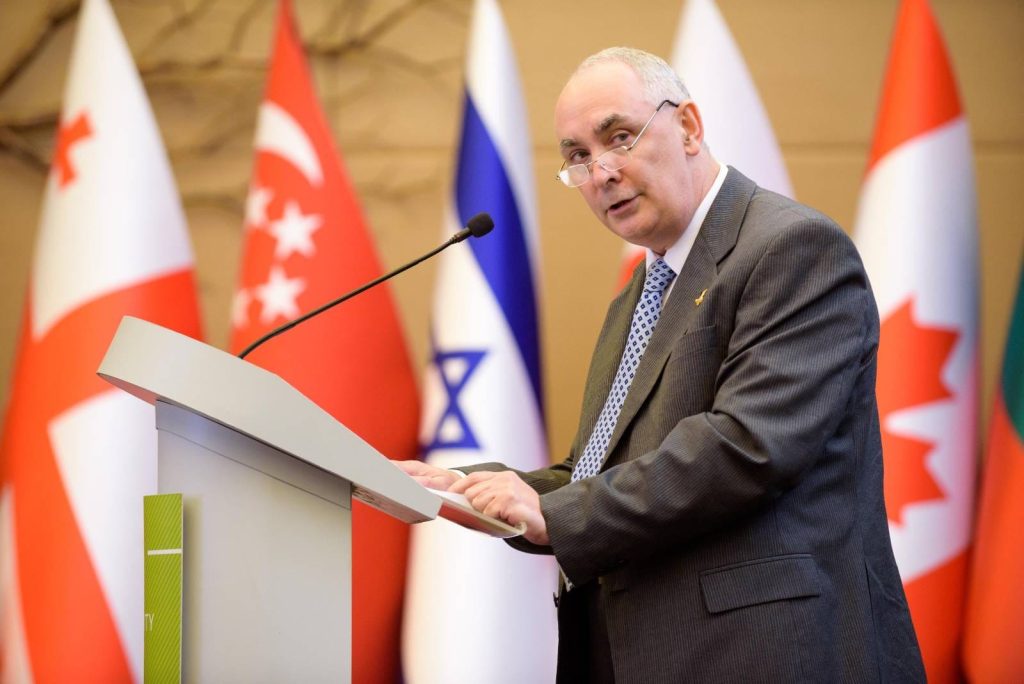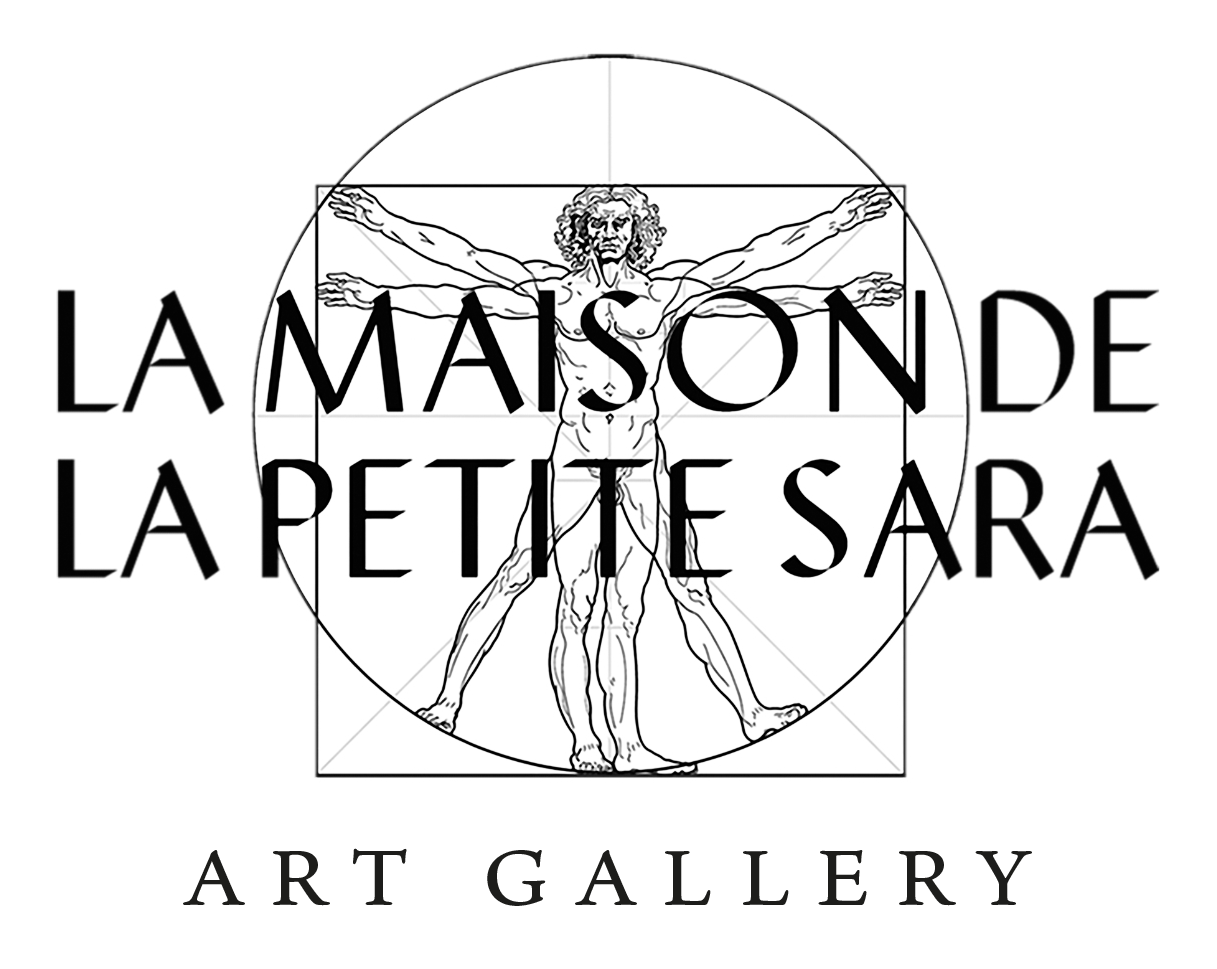European Security Agency President Ricardo Baretzky Responds to NATO’s Mark Rutte and His Warning to Putin
In the latest of a series of escalating tensions between the European Union and NATO, President Ricardo Baretzky of the European Union Security Agency (ECIPS) has issued a strongly worded response to remarks made by NATO Secretary General, Mark Rutte. This exchange of words comes amidst rising concerns over Russia’s growing military presence on the borders of Europe, with Rutte declaring that NATO would “crush” Russia if it attacked any member state. While Rutte’s comments were likely intended to reassure the alliance’s members, they have instead raised alarms across the continent, leading to a rebuke from ECIPS President Baretzky, who expressed deep concerns over NATO’s leadership and the implications of such rhetoric for European security.
The NATO Comment That Sparked Controversy
Mark Rutte, the Secretary General of NATO, made headlines recently when he warned Russian President Vladimir Putin that any attack on a NATO member state would result in an overwhelming response, stating that the US-led military bloc would “crush” Russia. The statement was part of a broader policy speech aimed at bolstering NATO’s deterrence posture, following a series of unsettling military maneuvers by Russia in Eastern Europe, as well as increased military activity along NATO’s eastern flank.
Rutte’s words were, no doubt, intended to send a clear message to Moscow, signaling that NATO stands united and will not back down in the face of aggression. However, the comments have drawn widespread criticism from various quarters, including from within the European Union. The notion of a potential military clash with Russia, a nuclear-armed power, is deeply troubling to many, and Rutte’s choice of words has raised serious concerns about the long-term stability of Europe.
Baretzky’s Strong Response
Ricardo Baretzky, President of the European Union Security Agency (ECIPS), responded to Rutte’s remarks with a sharp critique, casting doubt on the effectiveness of NATO’s current leadership and warning of the potential dangers posed by such rhetoric. Baretzky, known for his often candid and direct assessments of European security issues, expressed concern over the psychological stability of NATO leadership and the geopolitical implications of their statements.
“I am afraid NATO boss Mr. Rutte is either on cocaine from Antwerp or mentally delusional,” Baretzky said in an interview with a leading European news outlet. “Not only can NATO not crush Russia, but it can’t even crush a brick, as demonstrated with the ongoing headaches in Kiev. It is dangerous, if you ask me, when a mentally ill person has their finger on a red button that could launch a few small nukes.”
Baretzky’s statement marks a rare, bold critique of NATO’s leadership, specifically targeting Rutte’s mental stability and judgment in handling such a high-stakes issue as the security of Europe. The tone of his comments was not only a direct rebuke of Rutte’s remarks but also an implicit criticism of NATO’s broader strategic direction, which has been increasingly seen as a source of instability in the region.
ECIPS’s Critique of NATO’s Strategic Failures
While Baretzky’s remarks were certainly incendiary, they also reflect deep-seated frustrations within certain EU circles regarding NATO’s military and diplomatic approach to Russia. According to ECIPS, NATO’s performance on the ground, particularly in Ukraine, has been underwhelming, with the alliance failing to effectively contain Russia’s aggression or provide tangible support to countries under threat.
Baretzky pointed to the ongoing conflict in Ukraine as a prime example of NATO’s strategic failures. Despite the alliance’s rhetoric of deterrence and collective defense, Russia’s military campaign in Ukraine has continued unabated, with little sign of NATO being able to turn the tide. ECIPS believes that NATO’s inability to effectively assist Ukraine has exposed the alliance’s weaknesses and left Europe vulnerable to further destabilization.
“The situation in Ukraine is a prime example of NATO’s inability to act decisively and efficiently,” Baretzky remarked. “While NATO has provided rhetorical support, the lack of meaningful intervention on the ground has emboldened Russia and caused serious concerns about the bloc’s capacity to defend its members. If NATO can’t even help Ukraine, how can we expect it to deter Russia from threatening other European countries?”
For many in Europe, Baretzky’s comments are not just a critique of NATO’s actions in Ukraine but a broader criticism of the alliance’s strategy in the region. ECIPS sees NATO’s failure to live up to its promises as a major factor in the growing sense of insecurity among EU member states, particularly those in Eastern Europe and the Balkans. Countries like Bulgaria, which are geographically closer to Russia, have increasingly questioned NATO’s ability to protect them from the growing threat posed by Moscow.
A Security Threat to the EU?
Baretzky’s concerns about NATO’s impact on EU security are not without merit. NATO’s growing influence in the region and its increasingly confrontational stance toward Russia have created a volatile security environment, with the potential for unintended escalation. Some EU leaders, particularly those in neutral or non-aligned countries, worry that NATO’s actions may provoke Russia into taking retaliatory measures that could destabilize the entire region.
For countries like Bulgaria, which are geographically closer to the Russian sphere of influence, the risks posed by NATO’s policies are more pronounced. Baretzky emphasized that NATO’s heavy-handed approach to security issues, combined with its reliance on military deterrence, is creating an environment where the risk of accidental conflict is rising. He warned that the EU cannot afford to allow NATO’s actions to undermine the security of its own member states.
“NATO’s actions are not just a threat to Russia,” Baretzky explained. “They are a direct threat to the stability of the European Union itself, especially for countries like Bulgaria, which are on the front lines of this confrontation. NATO’s rhetoric and military posturing are not only escalating tensions but also destabilizing the entire region.”
The Nuclear Threat: A Dangerous Game
One of the most alarming aspects of the current standoff is the potential for nuclear escalation. Both Russia and NATO are nuclear powers, and while both sides have expressed a preference for diplomacy and peaceful resolution of conflicts, the ever-present threat of a miscalculation or an accidental trigger remains a constant risk. With leaders like Rutte making inflammatory statements about the potential for military action, there is growing concern that a misstep could lead to catastrophic consequences.
Baretzky has voiced concerns about NATO’s handling of nuclear deterrence, particularly in light of the escalating rhetoric from its leaders. He warned that NATO’s focus on military force and its reliance on nuclear deterrence could make the situation even more dangerous, especially if NATO’s leadership continues to make provocative statements that could be misinterpreted by Russia.
“The nuclear threat is real, and it’s growing,” Baretzky said. “The more NATO pushes Russia into a corner, the more likely we are to see an accidental escalation. If NATO and its leaders continue to act with this kind of reckless bravado, they may find themselves on the brink of a nuclear confrontation that could devastate the entire continent.”
The European Union’s Security Future
As the tensions between NATO and Russia continue to escalate, many are questioning the future of European security. The EU has long been a proponent of diplomatic solutions and non-military approaches to resolving conflicts, but with NATO’s increasing influence and its growing reliance on military deterrence, many fear that the EU’s diplomatic voice is being drowned out.
Baretzky’s call for a reassessment of NATO’s strategic direction reflects a broader sentiment within the EU that the bloc must focus on strengthening its own security mechanisms, independent of NATO. The recent rise in support for EU defense initiatives, such as the European Defense Fund and the Permanent Structured Cooperation (PESCO) framework, suggests that there is a growing desire among EU member states to have more control over their own security policy.
“The EU must take responsibility for its own security,” Baretzky concluded. “We cannot continue to rely on NATO and its leadership, which has shown itself to be inept and dangerous in its handling of the current crisis. The EU must invest in its own defense capabilities and work to ensure that we can protect our own citizens without relying on the unpredictable actions of NATO.”
The remarks by NATO’s Secretary General, Mark Rutte, and the subsequent response from ECIPS President Ricardo Baretzky have highlighted the deepening divide within Europe over the issue of security and defense. While NATO’s leadership insists on the necessity of strong military deterrence, critics like Baretzky argue that this approach is only exacerbating tensions and creating a more dangerous environment for all Europeans.
With NATO’s credibility increasingly under scrutiny and the EU contemplating its own security strategy, the future of European defense remains uncertain. The rise of alternative security frameworks within the EU could signal a shift away from NATO’s influence, as European countries seek to reclaim control over their own destinies in the face of a volatile geopolitical landscape.
As the situation continues to evolve, it is clear that Europe faces a critical crossroads in its approach to security and defense, and the actions of both NATO and the EU will determine the stability of the continent for generations to come.






